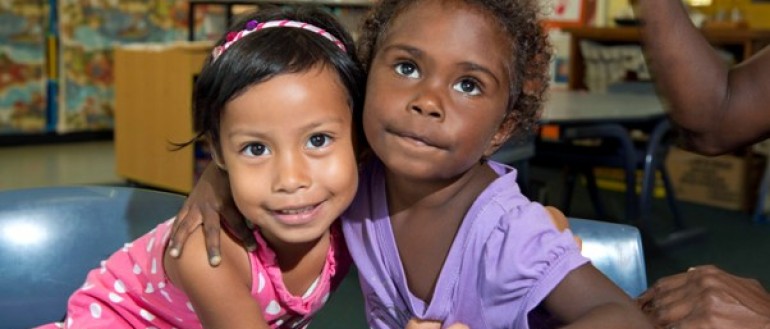Funders:
- National Health and Medical Research Council (NHMRC)
Collaborators:
- Menzies School of Health Research
- University of Western Australia
- The University of Queensland
- Curtin University
- Northern Territory Department of Health
- Flinders University
Aim:
The primary aim is to reduce the burden of bronchiectasis by preventing the progression of protracted bacterial bronchitis in First Nations children.
Other aims:
- To determine the barriers and facilitators to timely detection and optimal treatment of chronic wet cough in First Nations children across different settings throughout Australia.
- To apply the knowledge from secondary aim 1 to overcome barriers and to facilitate timely detection and optimal medical management of chronic wet cough.
- To undertake an economic evaluation to determine cost effectiveness of secondary aim 2.
Summary:
Chronic suppurative lung disease (CSLD) including bronchiectasis, is common in Australian First Nations children (1 in 63-68 children) and causes premature death. CSLD is largely preventable if the pre-CLSD state and CSLD is recognised early and optimally treated. Chronic wet cough is the dominant symptom. Evidence suggests that timely detection and optimal management of chronic (>4-wks duration) wet cough in First Nations children can prevent a large proportion of chronic lung disease in adults through halting the infection-inflammation cycle and preventing permanent lung damage.
Optimal management of chronic wet cough by clinicians is theoretically very simple but implementing evidence in clinical practice is proving complex and challenging. Through this knowledge translation project, we will use implementation science to determine barriers and facilitators to optimal treatment of chronic wet cough in three key regions in Australia i.e. Western Australia, Queensland and the Northern Territory.
This partnership will work with First Nations Health Services, Government agencies and communities, building on our pilot work to develop and implement evidenced based strategies to improve the detection and management of chronic wet cough in First Nations children.
Implications for policy and practice:
The partnership will generate and translate high quality research into health policy and practice and will create and strengthen partnerships between health policy makers, managers, service providers and researchers. By bridging the gap between evidence and practice we will reduce the chronic lung disease burden in First Nations children and prevent the progression of disease into adulthood.
Chief Investigator:
- Dr Andre Schultz
Project Manager:
- Emily Bowden
- A/Prof Gabrielle McCallum (local CI)
Contact information:
gabrielle.mccallum@menzies.edu.au
Project Dates:
- 2021 - 2024

